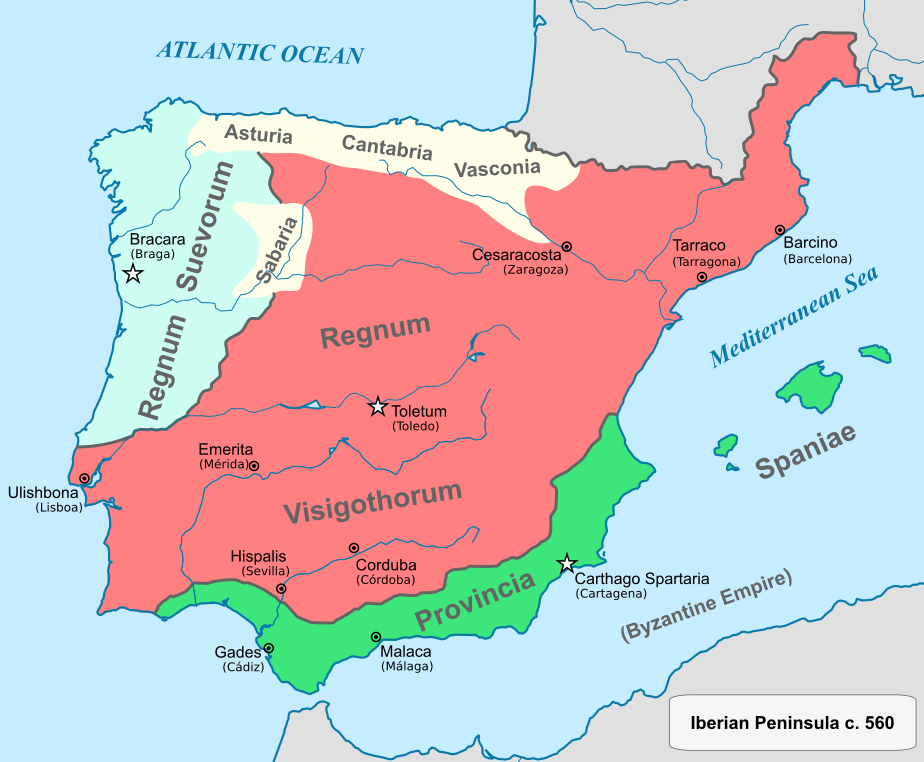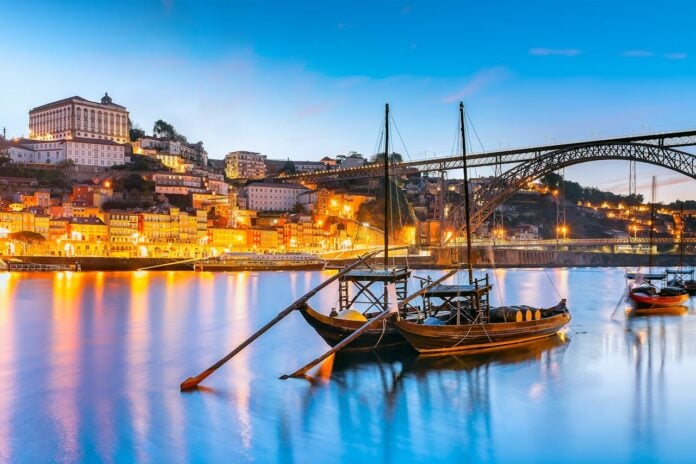Have you ever wondered how Portugal got its name? To answer this question, we need to go back over two millennia to an ancient Roman port city that would eventually lend its name to an entire nation. This fascinating tale of ancient Portuguese history begins at the mouth of the Douro River, where the modern city of Porto now stands, with a settlement that the Romans called Portus Cale.
A Strategic Harbor in Roman Times
Around 136 BC, a Roman general named Decimus Junius Brutus Callaicus arrived at a Celtic settlement called Cale, where the Douro River met the Atlantic Ocean. Recognizing the strategic importance of this location, he established a Roman port city there, naming it Portus Cale. The site proved to be an invaluable choice, and it soon developed into a bustling commercial hub, later facilitating trade between other important Roman cities like Olisipo (modern-day Lisbon) and Bracara Augusta (today’s Braga).
From Port City to Country Name
The journey from Portus Cale to “Portugal” took place over centuries of linguistic and cultural change. As the Roman Empire declined, the region fell under the control of various groups of Germanic people, including the Suebi and later the Visigoths. During the Visigothic period, the area around the former Roman port became known as Portucale, and this name would end up sticking around.

The real turning point came in 868 CE, when a Christian warlord named Vímara Peres was tasked with reconquering the region from the Moors. He established what became known as the First County of Portugal – or Condado de Portucale – marking the beginning of the territory that would eventually become the modern nation of Portugal.

The Celtic Connection
The deeper origins of the name are equally intriguing. The “Cale” portion likely has Celtic roots, connected to the Castro people, also known as the Callaeci or Gallaeci people who inhabited the northwestern Iberian Peninsula. Some scholars suggest it might be linked to the Celtic word for “port,” which would make sense given the location’s maritime importance. This same Celtic root gave us other regional names we know today, including Galicia and the “gal” in Portugal itself.
Traces of Ancient Portus Cale in Modern Porto
While much of ancient Portus Cale lies buried beneath centuries of urban development, Porto‘s historic center, now a UNESCO World Heritage site, contains layers of history from various periods. The city’s archaeology museum (Museum of Sacred Art and Archaeology) houses artifacts from the Roman period, offering glimpses into life in ancient Portus Cale. The city’s famous granite walls, while largely medieval, were built on foundations that incorporated some Roman engineering techniques.
The most interesting archaeological remains from the Roman period can be found in the Ribeira district, Porto’s riverside quarter. During urban renovation projects, archaeologists have uncovered evidence of Roman occupation, including remnants of ancient walls and pottery fragments that help piece together the story of Portus Cale. The São Bento da Vitória Monastery area has also yielded Roman artifacts during archaeological excavations, suggesting significant Roman activity in this part of the city.
A Legacy That Lives On
Today, the ancient site of Portus Cale is split between two modern cities: Porto and Vila Nova de Gaia, which face each other across the Douro River. While the original Roman port has long since disappeared beneath centuries of urban development, its name lives on not just in Portugal, but in Porto itself – one of the country’s most vibrant cities and home to its famous port wine industry.
The story of Portus Cale reminds us how seemingly small historical developments can have long-lasting legacies. What began as a strategic Roman port on the Atlantic coast would eventually give its name to a nation that would become a global maritime power and later establish trading posts and colonies across multiple continents.
The next time you walk through the steep, narrow streets of Porto and gaze down at the Douro River where ancient Roman ships once docked, remember that, beyond the beautiful Porto riverside, you’re looking at the birthplace of a nation’s name, a place where ancient Celtic settlers, Roman traders, Germanic kingdoms, and medieval Christian warriors all left their mark on history.
So now, when someone asks you about the origins of Portugal’s name, you can tell them about this ancient Roman port city where it all began.


